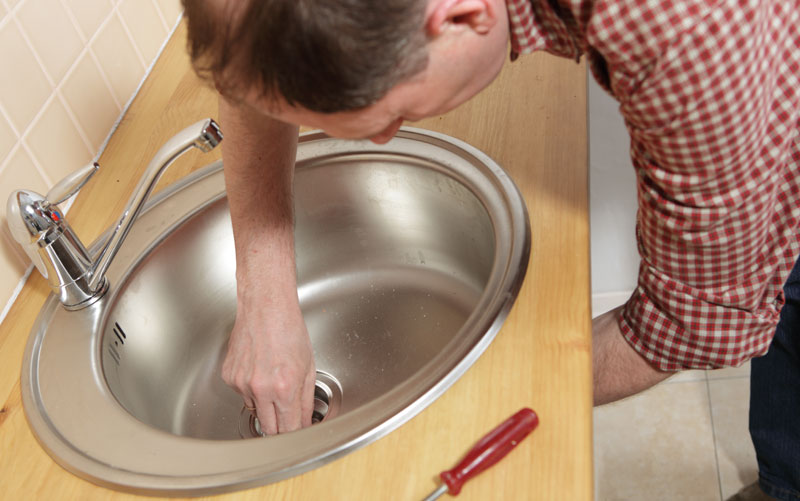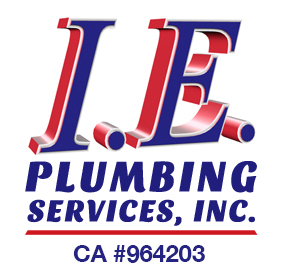
Cooking at home brings comfort, flavor, and the joy of a homemade meal—but it can also leave you with an all-too-common dilemma: what to do with the leftover grease? Whether it’s bacon drippings, oil from fried chicken, or residue from sautéed vegetables, grease disposal is something many homeowners mishandle without realizing the consequences. Pouring grease down your drain may seem harmless in the moment, but over time, it leads to serious plumbing issues like clogs, backups, and even sewer line damage.
Understanding how to safely dispose of cooking grease is not just a matter of keeping your kitchen tidy—it’s a way to protect your plumbing and avoid costly repairs. Let’s dive into why grease is such a problem and what you can do to deal with it safely and efficiently.
Why Grease Should Never Go Down the Drain
Grease may be liquid when it’s hot, but it quickly cools and solidifies as it travels through your pipes. That solid grease sticks to the interior of the plumbing, gradually collecting food debris and other materials. Eventually, this buildup forms a blockage that restricts water flow or completely clogs your drain. Over time, this can even lead to major issues in your sewer system or septic tank.
As highlighted in this article by the EPA, improper disposal is a major cause of sewer backups in residential areas. These backups not only disrupt your household but can also create serious sanitation and health hazards.
The Right Way to Dispose of Cooking Grease
So what should you do instead of pouring grease down the sink? Start by letting it cool. Once your cooking oil or grease is at room temperature, use one of the following safe disposal methods:
- Pour into a Container
Designate a jar, tin can, or disposable container with a lid to collect cooled grease. Once the container is full, seal it and throw it in the trash. You can line it with foil or a plastic bag to make cleanup easier. - Use a Paper Towel for Small Amounts
For small amounts of oil left in a pan, wipe it out with a paper towel and toss it in the garbage. This helps keep your pipes clear and is a quick solution for daily cooking. - Freeze It
You can pour grease into a freezer-safe container, let it solidify, and throw it away later. Some people even reuse oil (like bacon fat) for cooking, which can reduce waste and add flavor to your meals. - Recycle Used Cooking Oil
If you’re dealing with large quantities of used cooking oil, such as from a turkey fryer, check to see if your local municipality offers a recycling program. Many areas collect used oil and convert it into biodiesel. Check out this resource from Earth911 to find a recycling center near you. - Compost It (In Small Quantities)
Some types of oil—like oil from plant-based cooking—can be composted in moderation. However, avoid dumping large amounts, as it can attract pests and throw off the balance of your compost pile.
What Happens If You Don’t Dispose of Grease Properly?
Clogged pipes are only the beginning. When grease is poured down the drain repeatedly, it causes a ripple effect throughout your plumbing system. Solidified grease can block not just your kitchen pipes but also your main sewer line, leading to slow drainage, foul odors, and water backups.
In extreme cases, sewer backups can flood your home with wastewater—an unsanitary, damaging, and expensive mess to clean up. These issues can also impact public sewer systems, increasing maintenance costs for your local utility company and contributing to environmental pollution.
Warning Signs of Grease-Related Plumbing Problems
If you’re starting to notice some of the following symptoms, grease buildup may already be compromising your plumbing:
- Gurgling noises when draining water
- Foul smells coming from the sink
- Slow-draining water, especially in the kitchen
- Recurring clogs that keep coming back
- Backups or standing water in multiple drains
When these signs appear, it’s a smart idea to have your pipes inspected and cleaned by a professional. A camera inspection can confirm if grease is to blame, and hydro jetting is an effective method to clear the buildup and restore proper flow.
IE Plumbing – Grease Disposal Tips and Plumbing Help in Southern California
Disposing of cooking grease the wrong way might seem like a minor shortcut, but it can lead to big problems in your plumbing. From clogged drains to expensive repairs, the risks just aren’t worth it. Being mindful about how you handle grease helps protect not only your own home but also your local water infrastructure.
If you’re already dealing with the effects of grease buildup—or want to prevent future issues—IE Plumbing is here to help. We provide drain cleaning, camera inspections, and hydro jetting services throughout Southern California, offering reliable solutions to protect your pipes and keep your plumbing flowing smoothly.

 951-375-9599
951-375-9599